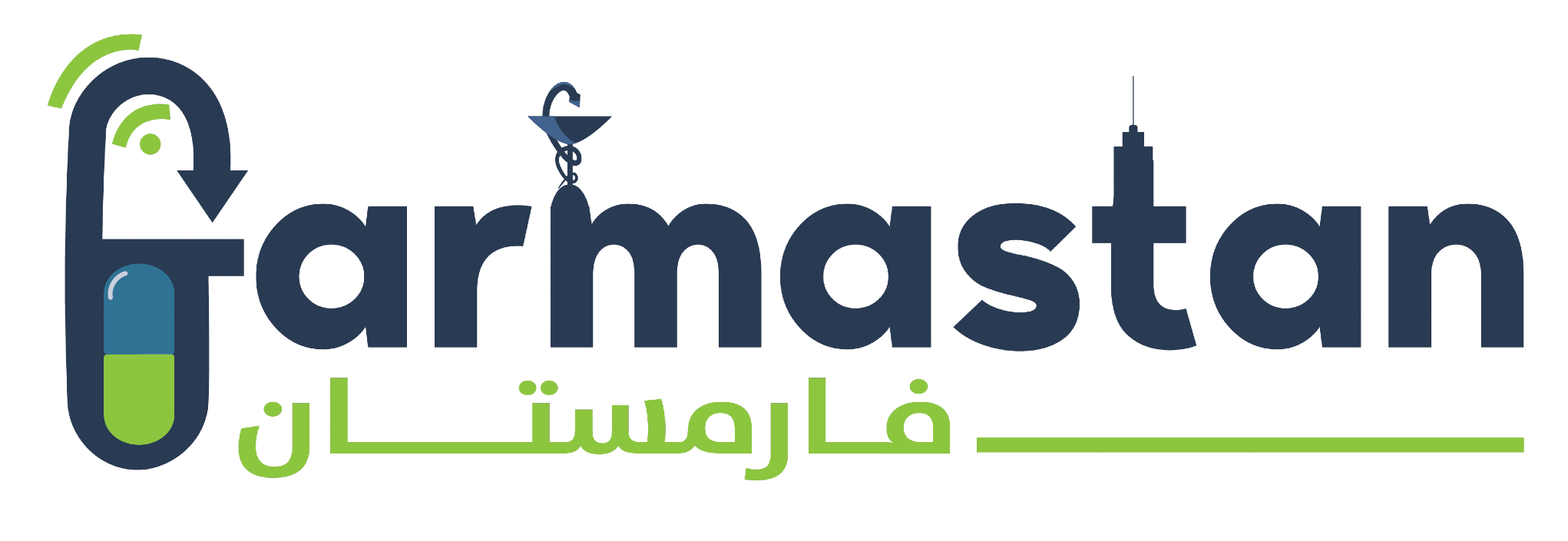Ethical Engineering Practices
[ad_1]
Engineering jobs are not always solely about engineering. Engineering functions were traditionally focused on building something using different variations of math and science. These jobs have recently transformed into combining more business functions. In John Hooker’s white paper, he states, “engineers are increasingly involved in startup companies in which they make business decisions as well as engineering decisions.” Cross-functional teams include members in engineering, sales, manufacturing, marketing, and warranty. Many engineers today have multiple hats to wear and are even labeled as “project” engineers. Wikipedia defines project engineering as “bridging the boundaries between engineering and project management.” Since the role of the engineering field has changed over the years, engineers face more and more ethical choices and decisions. Engineers must create designs and services to customers in an ethical manner.
There are many different professional societies for engineers to join. Some of these societies include but are not limited to the Institute of Electrical and Electronics Engineers (IEEE), Project Management Institute (PMI), The American Society of Mechanical Engineers (ASME), and National Society of Professional Engineers (NSPE). Each of these organizations has a similar code of ethics for its members.
A sample of a societies code of ethics from the National Society of Professional Engineers (NSPE):
“Engineers, in the fulfillment of their professional duties, shall:
1-Hold paramount the safety, health, and welfare of the public.
2-Perform services only in areas of their competence.
3-Issue public statements only in an objective and truthful manner.
4-Act for each employer or client as faithful agents or trustees.
5-Avoid deceptive acts.
6-Conduct themselves honorably, responsibly, ethically, and lawfully so as to enhance the honor, reputation, and usefulness of the profession.”
Once a person joins one of these societies, an oath to uphold the code is taken. Members must take the code seriously for the professional to be dedicated to his/her employer, customers, vendors, or the general public.
Another ethical engineering practice is to conduct testing per the standards applicable to the engineered product or service. Underwriters Laboratories (UL), the Canadian Standards Association (CSA), and the European Commission (CE) are all standards agencies that provide standards for safety of products to consumers. Products must be successfully tested based on the current standards to be able to apply the agency mark on the product. Engineers must perform tests in an honest and ethical manner. Documentation of the test data should be recorded in a fashion that can be reviewed years later if necessary. Test data should be honest, accurate, and not forged or altered. Recording failed test data is just as important as successful test data. Test data can be used in a court of law if someone is injured or killed by a product that has an agency label. Accurate and thorough data is essential for a solid case.
Other ethical principles that an engineer may face are conduct related. An engineer must keep a professional work ethic and abide by the code of ethics. One must not be bribed or misguided by a vendor or customer to receive anything of monetary value. Test data and other information, such as patent ideas or any other intellectual property, must be kept confidential. Customers must be able to trust the engineer or engineering service.

Leave a Reply
You must be logged in to post a comment.